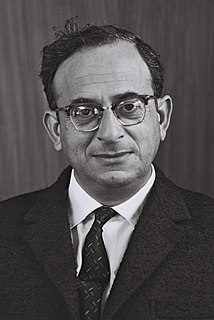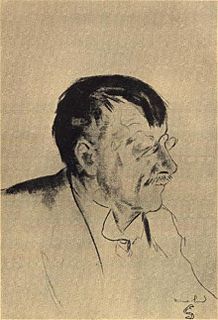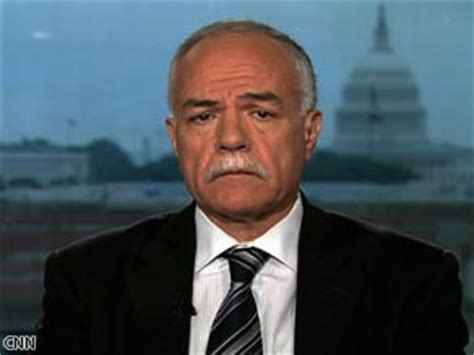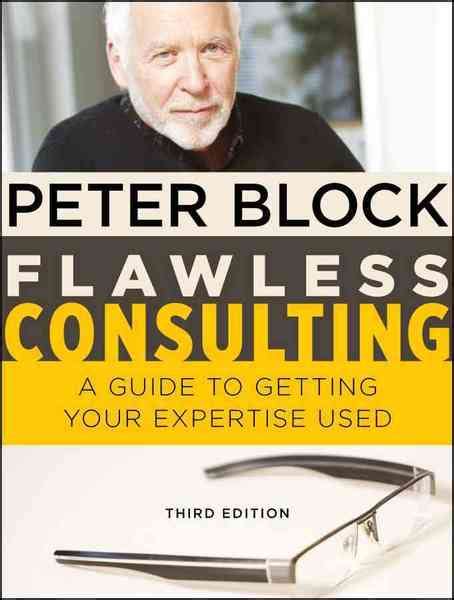A Quote by Salman Rushdie
The Koran was revealed at a time of great change in the Arab world, the seventh-century shift from a matriarchal nomadic culture to an urban patriarchal system.
Related Quotes
I don't think that much change comes from economists. I think it comes more from political realities. Probably the two giants of the 20th century, who actually did shift government policy in the U.S. and around the world, were John Maynard Keynes and Milton Friedman. I don't see anybody in our system who is at that level of influence.
I think about museums often. There are things that I want museums to do that they often don't. For me, I like it when there's a system within the museum that can continuously change - whether it's a museum that is nomadic or one that's designed so the building can shape-shift. I like restless spaces, and I want to be engaged.
At the time of Caliph Omar's invasion of Egypt, the Arab officer on duty in the destruction of the library of Alexandria used two stamps with which he marked the books. One said: 'Does not agree with the Koran - heretic, must be burned'. The other said: 'Agrees with the Koran - superfluous, must be burned'.
I grew up in traditional black patriarchal culture and there is no doubt that I’m going to take a great many unconscious, but present, patriarchal complicities to the grave because it so deeply ensconced in how I look at the world. Therefore, very much like alcoholism, drug addiction, or racism patriarchy is a disease and we are in perennial recovery and relapse. So you have to get up every morning and struggle against it.
The big change, the really radical change in communication, was in the late 19th century. The shift from sailing ships to telegraph is astronomical. Everything since then has been small increments, including the internet. So you don't have to wait for a letter to get to England in six weeks, you have almost instant communication. That was an enormous shift.
With his decision to use force against the violent extremists of the Islamic State, President
Obama ... is stepping once again - and with understandably great reluctance - into the chaos
of an entire civilization that has broken down. Arab civilization, such as we knew it, is all but
gone. The Arab world today is more violent, unstable, fragmented and driven by extremism -
the extremism of the rulers and those in opposition-than at any time since the collapse of the
Ottoman Empire a century ago.
The good thing about Egypt is, between the two World Wars, Egypt was - had a liberal society. It has a political life. It has parties. It was not - it was dysfunctional in many ways, but it was not a very repressive regime. Egypt, at one time, was the bellwether of the Arab world, was the trendsetter, created great culture, movies, cinema, you name it.
The matriarchal society is thus the decadent and broken. The strongly matriarchal character of Negro life is due to the moral failure of Negro men, their failure to be responsible, to support the family, or to provide authority. The same is true of American Indian tribes which are also matriarchal today.





































